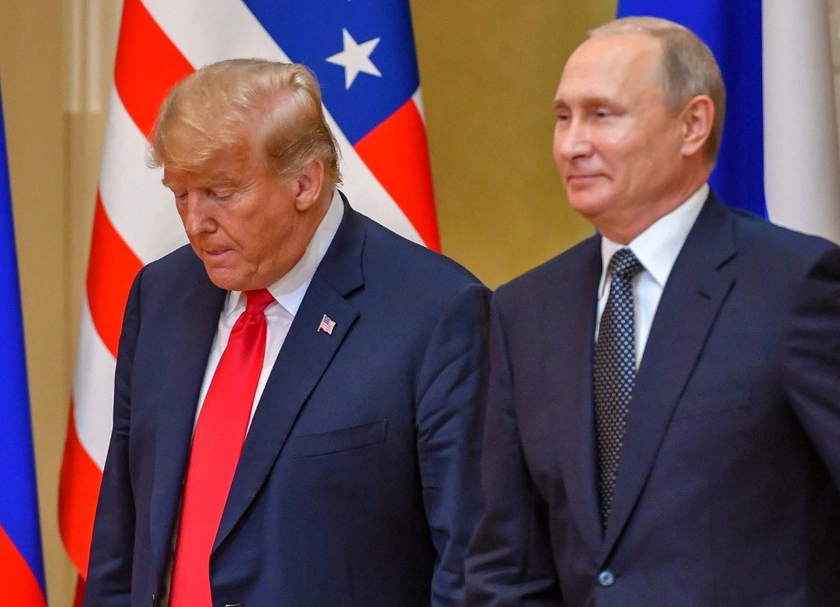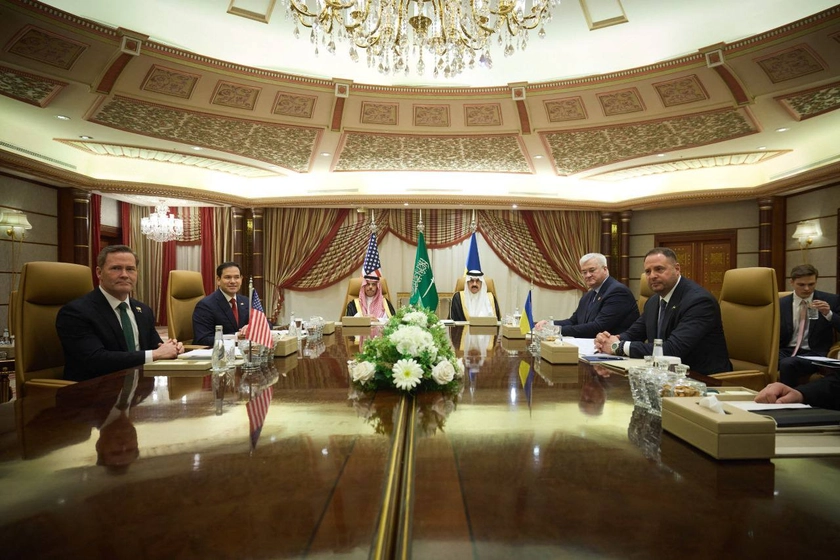A group of Ukrainian civil society leaders on Monday called sweeping electricity cuts part of a Russian strategy and urged the United States to ramp up support to maximize recent gains before winter.
Much of eastern Ukraine was plunged into a blackout on Sunday, with President Volodymyr Zelensky blaming deliberate attacks by Moscow as Kyiv made startling gains on the battlefield.
JOIN US ON TELEGRAM
Follow our coverage of the war on the @Kyivpost_official.
“Their approach is to have more cold before the winter season starts by destroying all critical infrastructure,” said Hanna Hopko, who heads the International Center for Ukrainian Victory, an umbrella group of civil society organizations.
Hopko, the former head of the Ukrainian parliament’s foreign affairs committee, noted that the power cuts came on September 11 and reiterated Kyiv’s calls, not embraced by President Joe Biden, to designate Russia as a state sponsor of terrorism.
Hopko, addressing reporters at the German Marshall Fund of the United States, is part of a group from Ukrainian civil society on a week-long visit to Washington that will include talks with the State Department and Congress.
Also on Sunday, Kyiv said that the sixth and final reactor was shut down amid safety concerns at the Russian-occupied Zaporizhzhia power station, which once provided one-quarter of Ukraine’s electricity.
The energy supplied “the south and the east, the war-torn regions that are already on the edge of humanitarian catastrophe,” said Alyona Getmanchuk, director of the New Europe Center think tank.
Trump Sees ‘Good’ Chance for Peace; Kyiv Denies Trump Claim of Ukrainian Troop Encirclement
The aim is to “make European states suffer even more” through a flow of refugees and incentive the West to pressure Ukraine into a negotiated settlement, she said.
“Putin really thinks that neither Ukraine nor Europe will survive this winter. That’s what he really hopes and that is actually the central pillar around which he now is developing his threats,” she said.
According to Russia’s narrative, troops can withdraw and return in the spring with greater advantage, she said.
“That’s why we keep saying it’s very important to be ready to get back as much of our land as possible before the winter comes,” Getmanchuk said.
Secretary of State Antony Blinken on a visit to Kyiv last week unveiled new military funding, bringing the US contribution to $15.2 billion since Russia invaded in February.
But the United States has balked at some items on Ukraine’s wish-list including missiles with longer ranges, fearing a wider conflict with Russia.
Hopko, while voicing appreciation for the support, said that initial offers were not enough for Ukraine “to fight the second-largest army in the world.”
You can also highlight the text and press Ctrl + Enter











